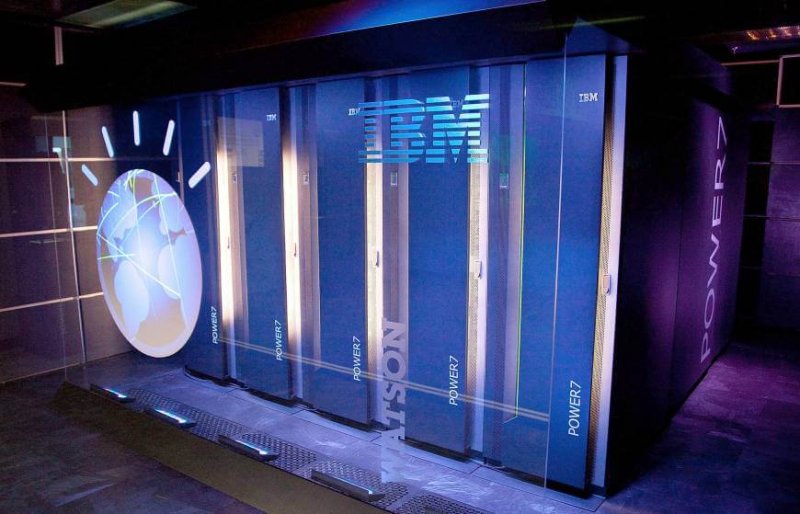The question isn’t if AI is coming to medicine. It’s how. At its best, machine learning can tap into the collective experience of nearly all clinicians, providing a single doctor with the experience of millions of similar cases to make informed decisions. At its worst, AI could promote unsafe practices, amplify societal bias, overpromise on deliveries, and lose the trust of physicians and patients alike.
Earlier [in April], Google’s Dr. Alvin Rajkomar and Dr. Jeffrey Dean, together with Dr. Isaac Kohane from Harvard Medical School, penned a blueprint in the New England Journal of Medicine that outlines the promises and pitfalls of machine learning in medical practice.
AI is not just a new tool, like a gadget or drug, they argued. Rather, it’s a fundamental technology to expand human cognitive capabilities, with the potential to overhaul almost every step of medical care for the better. Rather than replacing doctors, machine learning—if implemented cautiously—will augment the patient-doctor relationship by providing additional insight.
…
In the end, machine learning doesn’t take away anything from doctors. Rather, a physician’s warmth—her sensibility, sensitivity, and appreciation for life—will never go away. It will just be supplemented.
Read full, original post: How AI Can Tap into the Collective Mind to Transform Healthcare
































